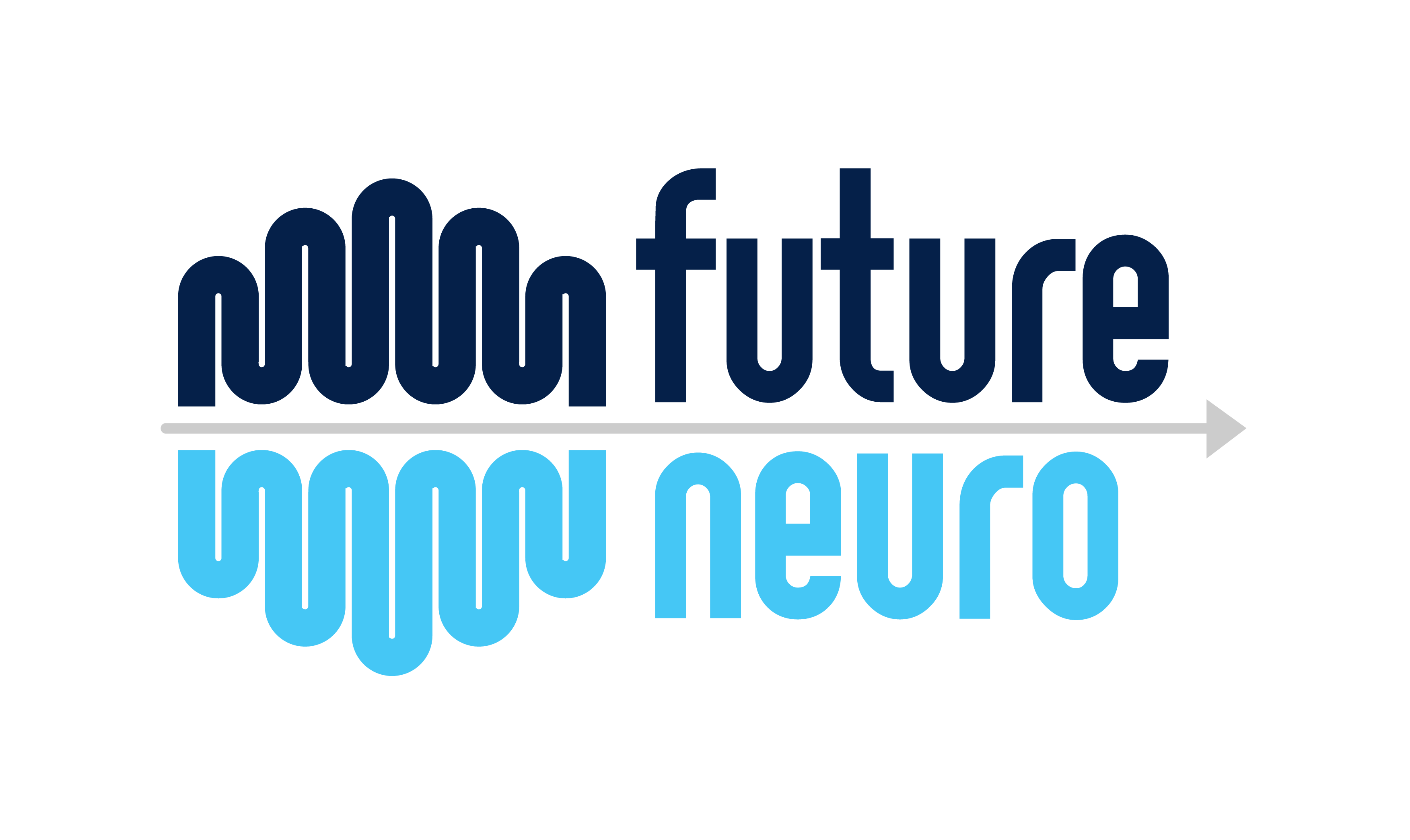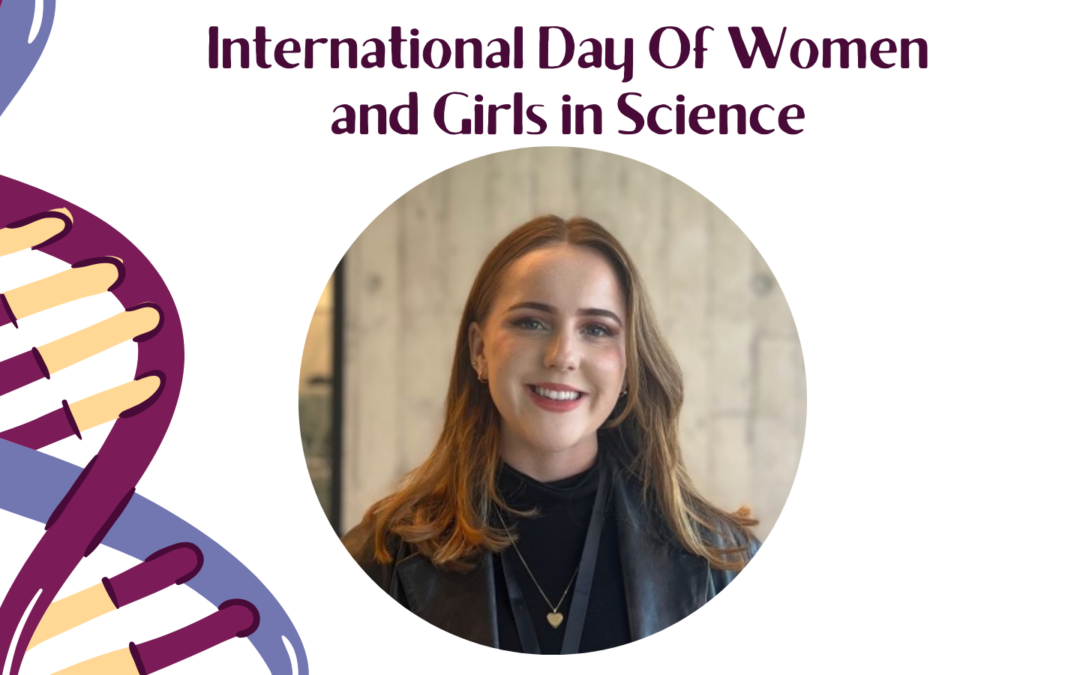On International Day of Women and Girls in Science, discover the experiences and opinions of Dr. Laura Whelan, who’s managing the Irish element of the Genomic Data Infrastructure (GDI), a new EU project that will support the integration of genomics into healthcare and advance new treatments for patients.
Celebrated every year on February 11th, International Day of Women and Girls in Science, was established in 2015 by the United Nations to promote equal access and barrier-free participation in science for all females. Overcoming stereotypes and dismantling biases against women and girls in science means acknowledging and celebrating the exceptional women who persistently forge new paths in research and innovation.
Join us in getting to know Laura, exploring her journey in the world of science, discovering what keeps for passion for learning ablaze and finding out more about the exciting next steps for the GDI Ireland project.
What sparked your interest in a science career, and how did your journey lead you to your current role?
I’ve always been a pretty curious person. In school, I knew I wanted to dive into something where I could keep learning but also make a difference in people’s lives. That’s where science came in as the perfect mix. I got hooked on genetics during school, an exciting area of science with huge scope for real-world benefit. I went on to do an undergrad in human genetics, this opened up the world of research as a career for me.
After those four years, I wasn’t done learning, so I decided to do a PhD. In that phase, I worked on a project where we used DNA sequencing to look at patients’ DNA to try to uncover the cause of certain types of inherited blindness. After wrapping up my PhD, I wanted to get some hands-on experience in the health service, interacting with patients day to day. It was eye-opening, showing me the hurdles of translating research into the real clinical world.
But I missed working with genetic data, so when an opportunity to work on a project, alongside some brilliant scientists, building a secure infrastructure for genetic data in Ireland, I jumped at it. And well, that’s how I landed here as a postdoc at FutureNeuro!
How important is it to have a network of people, particularly other female scientists, to inspire and support you?
Really important! My PhD advisor, the incredible Prof Jane Farrar, has been and continues to be an amazing female role model. Having someone like Jane to look up to early in my career was vital. I currently work with the brilliant Prof. Aedin Culhane, a cancer genomics specialist and she’s a big source of inspiration for me. I’ve also been fortunate to collaborate with and work alongside other brilliant female scientists – a supportive environment makes all the difference!
Does science miss out on a wealth of creativity, ideas, and perspectives if women aren’t given a voice?
Absolutely! It’s not just about women; it extends to other groups who haven’t traditionally been part of the research scene or faced barriers in research environments.
Well-rounded research is only possible if supported and carried out by well-rounded individuals. More perspectives mean more ideas, and that’s where the real magic happens!
Why do you think it’s so important for everyone to speak up and have their voice heard?
Conducting good research is like solving a complex puzzle—you need to consider all the variables. If you don’t have diverse perspectives at the table, you’re inevitably going to miss crucial pieces of the puzzle. That’s why, in my view, involving patients and the public at every stage of the research cycle is absolutely essential to a successful project. We have so much to learn from the lived experiences of patients and advocates – there is a treasure trove of insights waiting to be unlocked!
What’s next for the Genomic Data Infrastructure Ireland project?
We’re gearing up for the big launch of our project website and are actively recruiting new members to join our PPI steering board. Our team is putting in the work on multiple fronts—tackling data governance, crafting a cutting-edge proof-of-concept infrastructure, and exploring education in genetics. Stay tuned for exciting times ahead!
What fuels your passion for this project?
Genetic data holds the key to improving lives. However, unlocking this potential requires a secure framework for storing, accessing, and analyzing the data—all while prioritizing informed consent and public trust. It’s the prospect of being able to harness this potential for the greater good that keeps my enthusiasm ignited!


